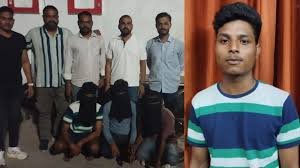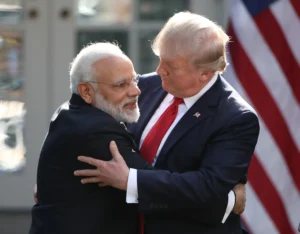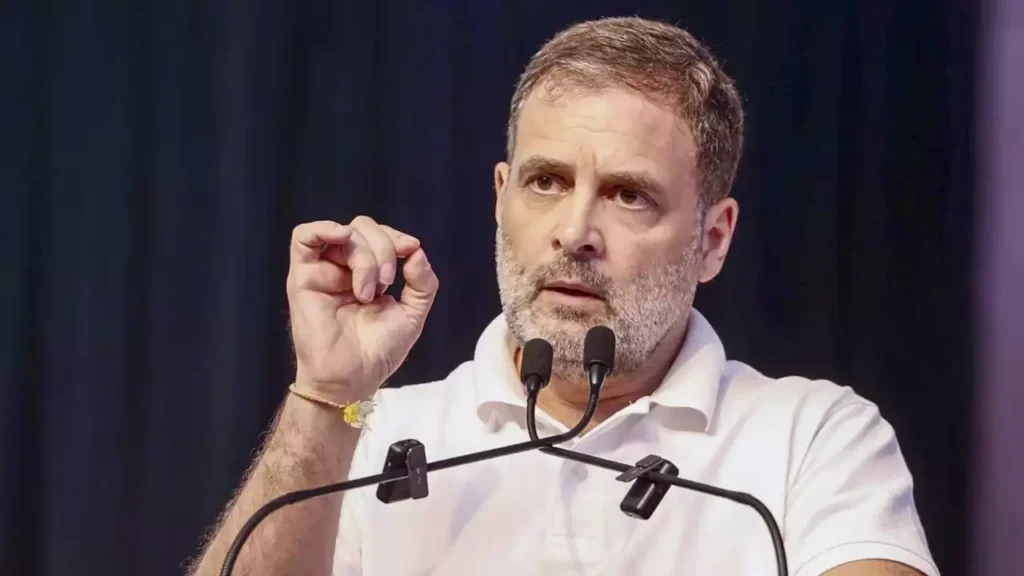
Goa Inquisition Revisited: Velingkar’s Comments Ignite Communal Tensions
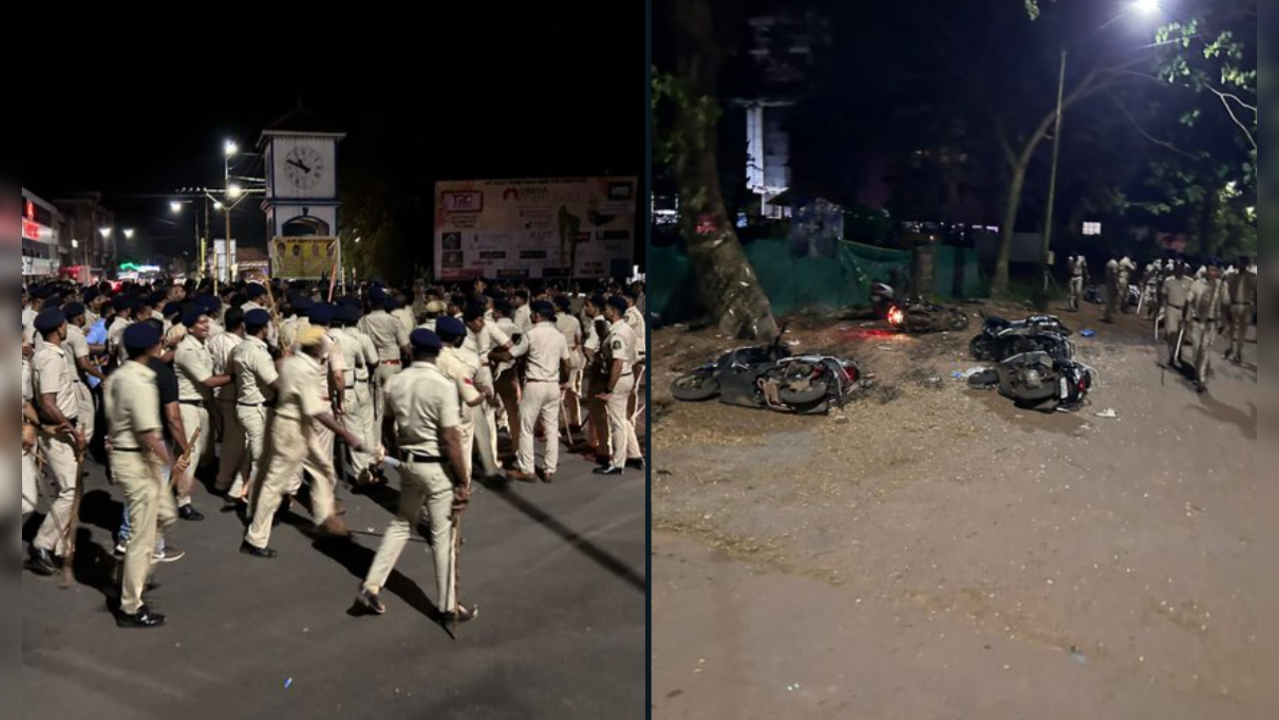
Tensions have escalated in Goa following controversial remarks made by Subhash Velingkar, the former chief of the Rashtriya Swayamsevak Sangh (RSS) in the state. His comments about St. Francis Xavier, a revered Catholic missionary and the patron saint of Goa, have ignited widespread protests among the Christian community.
Background of the Controversy
Velingkar’s inflammatory statements included a call for a “DNA test” of the relics of St. Francis Xavier, questioning the saint’s status as “Goencho Saib” (Protector of Goa). This provoked outrage, leading to protests that began on Friday and intensified over the weekend. Protesters have been blocking roads and demanding his arrest, claiming his remarks hurt their religious sentiments and disrupted communal harmony in Goa.
Protests and Political Reactions
The protests saw significant participation from political leaders and local citizens. On Sunday, demonstrators gathered in Old Goa and Margao, demanding action against Velingkar. The Council for Social Justice and Peace (CSJP), representing the Catholic community, condemned his remarks as “insulting and derogatory,” urging authorities to take strict action against him.
.Prominent political figures, including Congress leader Rahul Gandhi, criticized the ruling Bharatiya Janata Party (BJP) for allegedly stoking communal tensions. Gandhi stated that Goa’s communal harmony is under threat due to such provocative statements and urged citizens to remain united against divisive agendas.
Police Action and Legal Proceedings
In response to the protests, police have registered multiple First Information Reports (FIRs) against Velingkar for allegedly “hurting religious sentiments.” As of now, he is reportedly absconding, with police conducting raids to locate him. An anticipatory bail plea filed by Velingkar was denied by a local court, which has scheduled further proceedings for Monday.
Church’s Call for Peace
Amidst the turmoil, Goa’s church authorities have called for peace and restraint among protesters. They emphasized the need to focus on pressing issues facing Goa rather than allowing communal tensions to escalate. The CSJP has also highlighted that Velingkar’s comments not only offend Catholics but also affect individuals from other faiths who respect St. Francis Xavier.
What were the specific remarks made by Subhash Velingkar about St Francis Xavier
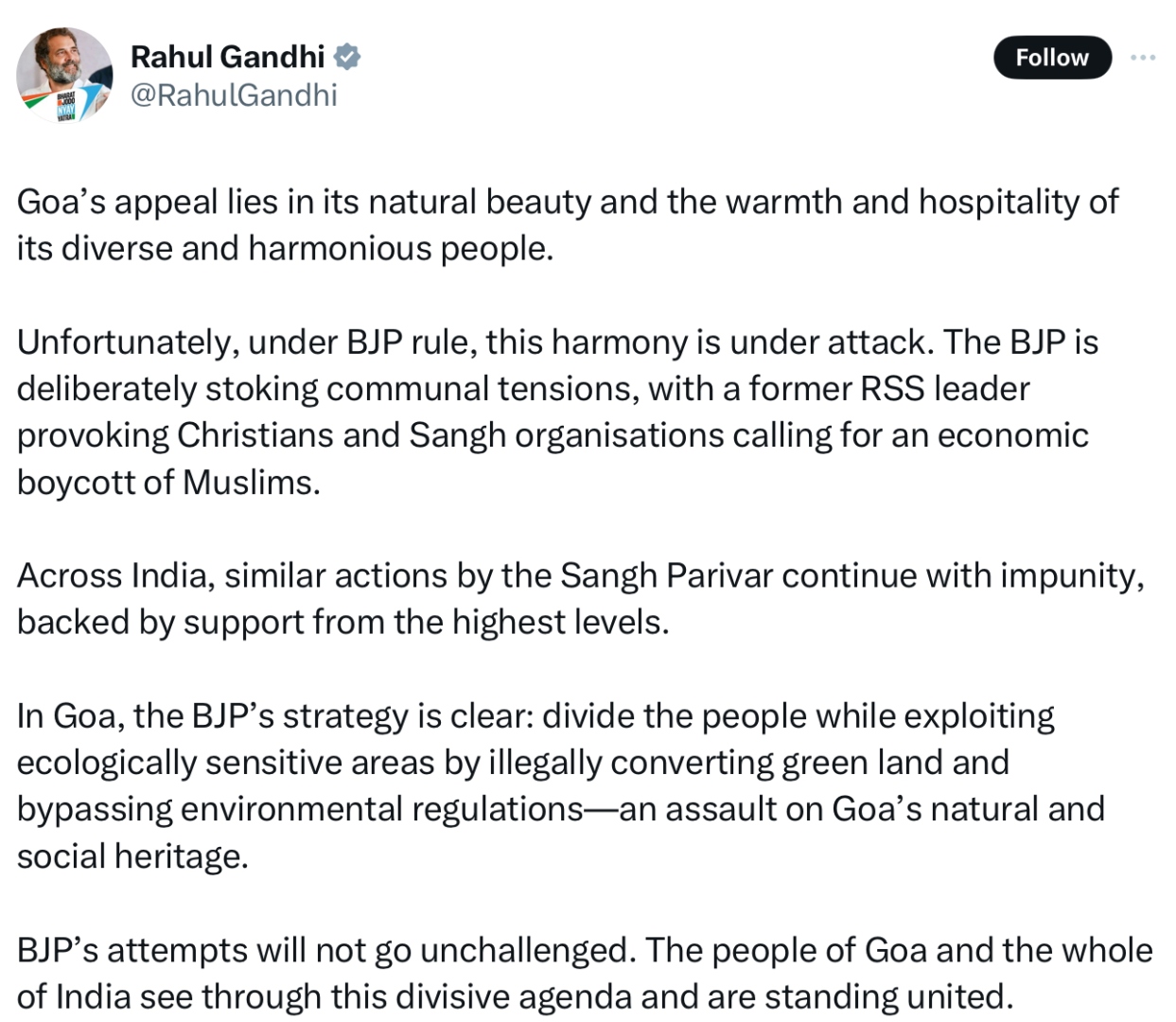
What were the specific remarks made by Subhash Velingkar about St Francis Xavier
Subhash Velingkar, the former chief of the RSS in Goa, made several controversial remarks about St. Francis Xavier that have sparked significant outrage. His most notable statements included a call for a “DNA test” to verify the identity of the relics believed to belong to St. Francis Xavier, who is revered as the patron saint of Goa. He also claimed that St. Francis Xavier should not be referred to as “Goencho Saib,” or Protector of Goa, which many consider an insult to the saint’s legacy and significance in the region.
.These remarks were deemed to have malicious intentions and were described as “maligning speech” that outraged religious feelings and insulted the beliefs of the Christian community and others who hold the saint in high regard.
. Following these comments, multiple complaints were filed against Velingkar, leading to an FIR being registered under Section 299 of the Indian Penal Code for deliberately and maliciously intending to outrage religious feelings.
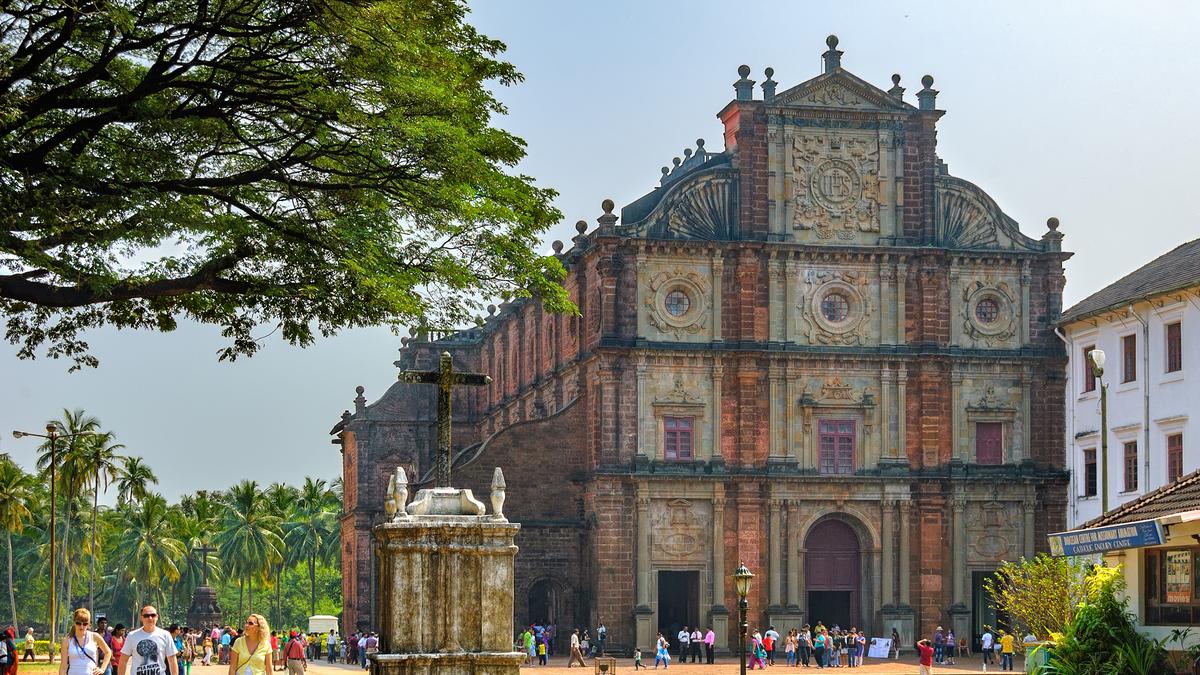
Why did Velingkar suggest a DNA test for St Francis Xavier’s relics
Subhash Velingkar suggested a DNA test for the relics of St. Francis Xavier to verify their authenticity. His remarks, made earlier this week, were framed within a broader context of questioning the historical narrative surrounding the saint and the Goa Inquisition, which he claimed had negative implications for non-Christians during Portuguese rule. Velingkar has previously argued that St. Francis Xavier should not be referred to as “Goencho Saib” (Protector of Goa), advocating instead for Hindu sage Parshuram to hold that title.Velingkar’s comments have been interpreted as an attempt to provoke reflection on religious identities and historical interpretations in Goa, particularly as they relate to communal harmony. His call for a DNA test has drawn widespread condemnation from various political leaders and religious communities, who view it as an affront to the sentiments of those who venerate St. Francis Xavier, especially with the upcoming decennial exposition of his relics scheduled for late November 2024.

Certainly! Let’s organize the information from “The Goa Inquisition” by Anant Kakba Priolkar into a tabular format:
| Aspect | Details |
|---|---|
| Title | The Goa Inquisition |
| Author | Anant Kakba Priolkar |
| Publisher | Bombay University Press |
| Publication Date | 1961 |
| Language | English |
| Number of Pages | 264 |
| ISBN | 978-0-8364-2753-0 |
| Main Focus | Narrative of the Goan Inquisition organized by the Portuguese-Christian colonial rulers in Goa |
Subhash Velingkar’s argument regarding the Goa Inquisition is rooted in his critique of historical narratives surrounding St. Francis Xavier and the impact of Portuguese colonial rule in Goa. He emphasizes that while St. Francis Xavier is celebrated for his missionary work, the Goa Inquisition represents a darker chapter in the region’s history, marked by persecution and oppression of non-Christians, particularly Hindus.
Historical Context of the Goa Inquisition
The Goa Inquisition, established in the 16th century, aimed to enforce Catholic orthodoxy among the population of Goa, which was then a Portuguese colony. It was characterized by:
- Persecution of Hindus: The Inquisition targeted Hindus accused of practicing their faith secretly and sought to eradicate local customs deemed heretical.
- Enforcement of Catholicism: It involved coercive measures to convert non-Christians and maintain strict adherence to Catholic doctrine.
- Cultural Suppression: Hindu temples were destroyed, and cultural practices were suppressed in favor of Christian rituals.
Velingkar argues that this historical context should compel a reevaluation of St. Francis Xavier’s legacy. He suggests that while the saint is venerated, his association with the Inquisition raises questions about the true nature of his contributions and the suffering inflicted during this period. Velingkar contends that acknowledging these historical injustices is essential for understanding communal dynamics in contemporary Goa.
Implications for Modern Discourse
Velingkar’s call for a DNA test on St. Francis Xavier’s relics can be seen as part of a broader narrative aimed at challenging established historical perspectives. He insists that discussions about the Inquisition and its consequences are necessary for addressing communal tensions today. By advocating for educational reforms that include the history of the Inquisition, he seeks to foster awareness about the shared heritage and struggles of both Hindus and Christians in Goa.In summary, Velingkar’s references to the Goa Inquisition serve to highlight perceived injustices from the past, questioning not only the legacy of St. Francis Xavier but also advocating for a more nuanced understanding of Goa’s colonial history and its impact on communal relations today.
Conclusion
Subhash Velingkar’s remarks regarding St. Francis Xavier and the Goa Inquisition have ignited significant controversy and debate in Goa. By suggesting a DNA test for the saint’s relics and questioning his title as “Goencho Saib,” Velingkar aims to provoke a reevaluation of historical narratives that shape communal identities in the region. His arguments highlight the complex interplay between faith, history, and cultural memory, particularly in light of the Goa Inquisition’s legacy of persecution and oppression.As tensions rise, it is crucial for all stakeholders—political leaders, religious communities, and citizens—to engage in constructive dialogue that acknowledges the past while fostering mutual respect and understanding. The challenge lies in navigating these sensitive discussions without exacerbating communal divisions. Ultimately, a balanced approach that honors diverse histories can pave the way for greater harmony and unity in Goa, allowing its rich cultural tapestry to thrive amidst differing beliefs and perspectives.
Discover more from
Subscribe to get the latest posts sent to your email.

